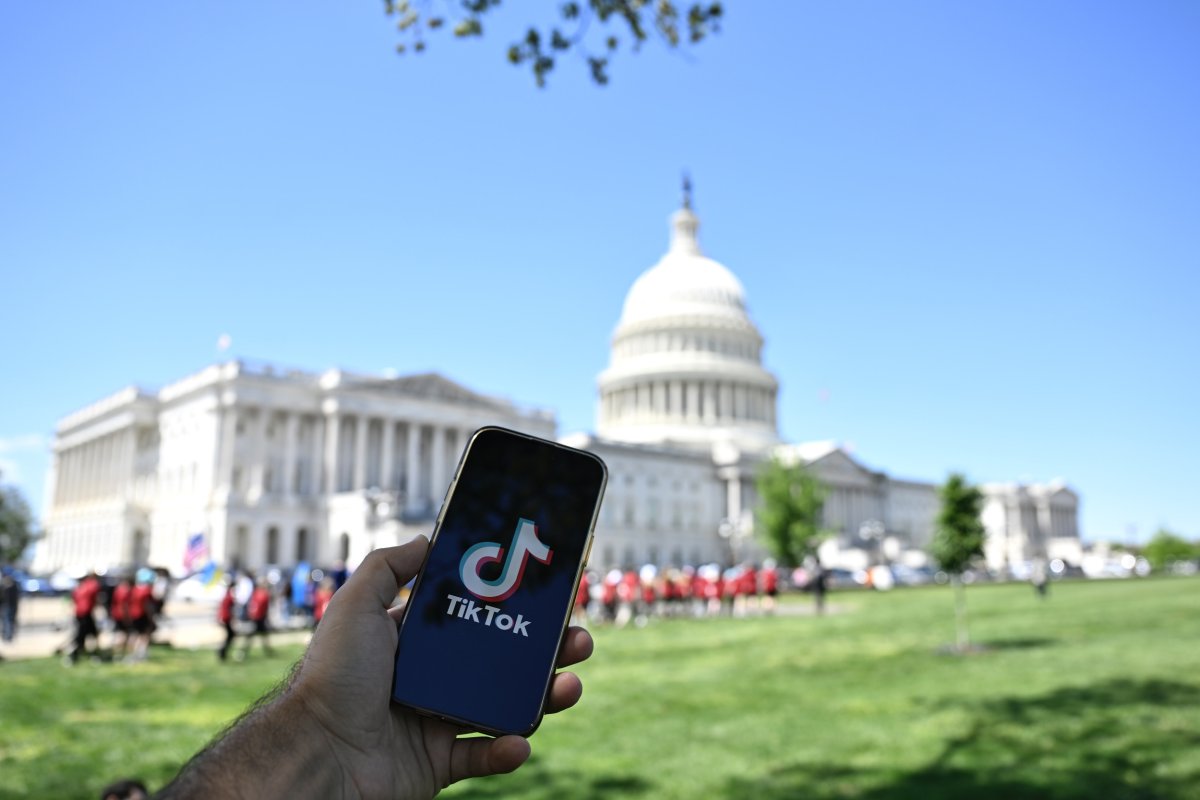The House of Representatives took a decisive step on Saturday by passing legislation that could result in a ban on TikTok in the United States. This action has sparked significant debate and concern among lawmakers and the public alike. With roughly 170 million users of the platform in the U.S., the implications of such a decision are monumental, affecting not just the app's users but also the broader landscape of social media and free speech.
As the vote unfolded, it became evident that national security concerns were at the forefront of the discussion. Lawmakers have been increasingly wary of TikTok due to its ownership by the Chinese company ByteDance, leading to fears that user data could be misused or accessed by the Chinese government. Despite these concerns, advocates for free speech have expressed strong opposition to the ban, arguing that it infringes on the rights of millions of Americans.
ByteDance has consistently denied any links to the Chinese government, asserting that it does not share user information with its parent company. The approved measure from the House allows ByteDance nine months to provide users with the opportunity to export their data. If the company fails to comply, it may face a nationwide ban in the U.S. This critical juncture leaves many questions unanswered about the future of TikTok and its place in American society.
What You Will Learn
- The implications of the legislation on TikTok and its users.
- Concerns raised by lawmakers regarding national security.
- The reactions from ByteDance and the broader public.
- The potential impact on free speech and small businesses in America.

The measure was passed by a significant margin of 360-58 and is now headed to the Senate for further consideration. This vote follows a previous bill that passed with a similar aim, indicating a strong bipartisan push against TikTok. As the situation evolves, many are eagerly awaiting how the Senate will address this issue and what it means for the future of the platform.
In light of the ongoing discussions, TikTok has responded through social media, emphasizing that the legislation could devastate the businesses of 7 million American users who rely on the platform for their livelihood. They argue that the proposed ban would not only affect individual users but also disrupt a vibrant ecosystem that contributes significantly to the U.S. economy.
The political landscape surrounding TikTok is complex, with various stakeholders weighing in on the potential outcomes. As the Senate prepares to deliberate, the conversation about national security, free speech, and economic impact will undoubtedly continue to unfold, drawing in voices from across the spectrum.
Controversy Surrounding Judge Arthur Engoron's Shirtless Photos In Alumni Newsletter
Unveiling The Phenomenon Of Wordle: The Game That Captivated Millions
Olivier Rioux: The 7'9" Sensation Set To Transform College Basketball


